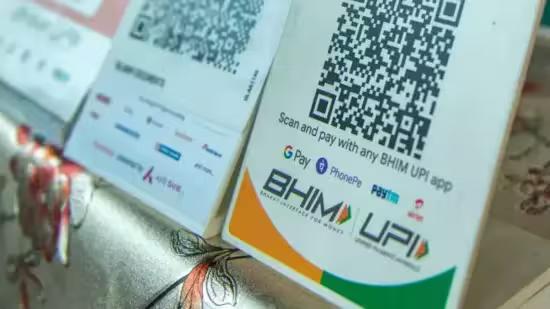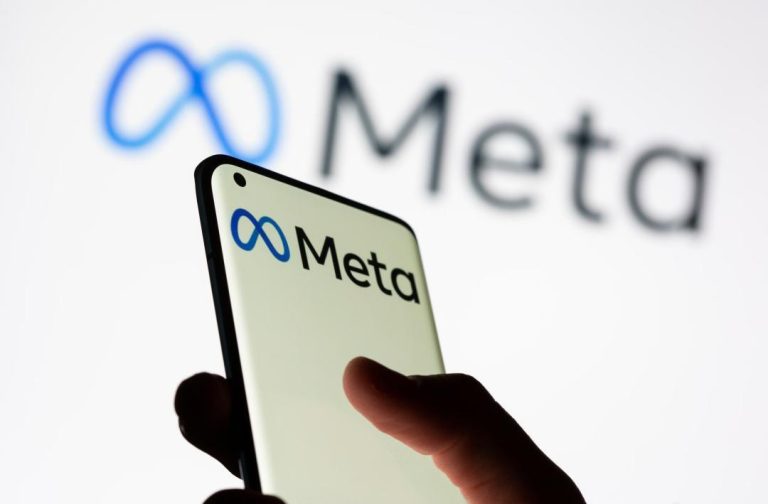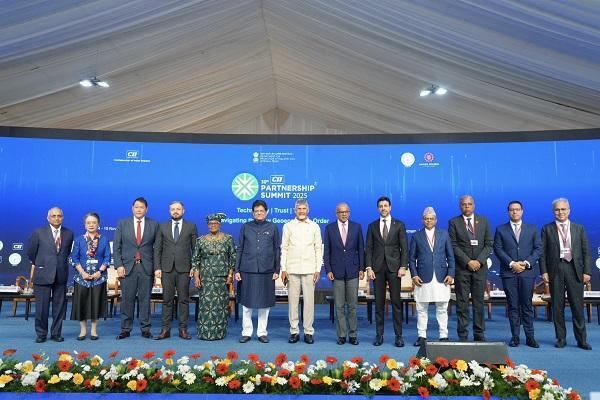
Trinidad & Tobago becomes the first Caribbean nation to adopt UPI
In a significant move, Trinidad and Tobago has become the first Caribbean country to adopt Unified Payments Interface (UPI), India’s flagship digital payment platform. This development marks a major milestone in the diplomatic relations between the two countries, as they agreed to explore further collaboration in the implementation of India Stack solutions.
The announcement was made during Prime Minister Narendra Modi’s two-day official visit to Trinidad and Tobago. The visit aimed to strengthen bilateral ties and foster economic cooperation between the two nations. The adoption of UPI by Trinidad and Tobago is a significant step forward in this direction, as it enables the island nation to leverage India’s expertise in digital payments and fintech.
For the uninitiated, UPI is a real-time payment system developed by the National Payments Corporation of India (NPCI). It allows users to make transactions using a unique identifier, such as a Virtual Payment Address (VPA), instead of sharing sensitive financial information like bank account numbers and IFSC codes. UPI has revolutionized digital payments in India, with over 1 billion transactions being processed every month.
The adoption of UPI by Trinidad and Tobago is expected to bring numerous benefits to the country. Firstly, it will enable the nation to leapfrog traditional payment systems and adopt a more modern and efficient way of making transactions. This will not only reduce costs but also increase financial inclusion, as more citizens will have access to digital payment channels.
Secondly, the adoption of UPI will facilitate faster and more secure transactions. With UPI, users can make payments in real-time, without having to worry about delays or failures. This will be particularly beneficial for small businesses and entrepreneurs, who often struggle with cash flow management.
Thirdly, the adoption of UPI will enable Trinidad and Tobago to integrate with the global digital payment network. This will allow the country to receive payments from international customers and make payments to global partners, without having to worry about currency exchange rates or payment processing delays.
The agreement between India and Trinidad and Tobago also extends beyond UPI to other India Stack solutions, including DigiLocker, e-Sign, and Government e-Marketplace (GeM). DigiLocker is a digital locker service that allows users to store and access their documents and certificates online. e-Sign is an electronic signature platform that enables users to sign documents digitally. GeM is a government-approved platform that allows businesses to procure goods and services from registered suppliers.
The adoption of these solutions by Trinidad and Tobago is expected to bring about significant improvements in the country’s public services and private sector. For instance, the implementation of DigiLocker will enable citizens to access their documents and certificates online, reducing the need for physical paperwork and increasing the efficiency of government services.
Similarly, the implementation of e-Sign will enable businesses to sign documents digitally, reducing the need for physical signatures and increasing the speed of transactions. GeM will enable local businesses to procure goods and services from registered suppliers, increasing the competitiveness of the local market and reducing the need for imports.
The adoption of UPI and other India Stack solutions by Trinidad and Tobago is a significant step forward in the country’s digital transformation journey. It demonstrates the nation’s commitment to embracing innovative technologies and improving the lives of its citizens.
As we move forward, it will be interesting to see how Trinidad and Tobago leverages these solutions to drive economic growth and improve public services. The country’s partnership with India is expected to be a fruitful one, as both nations work together to develop and implement cutting-edge technologies.






